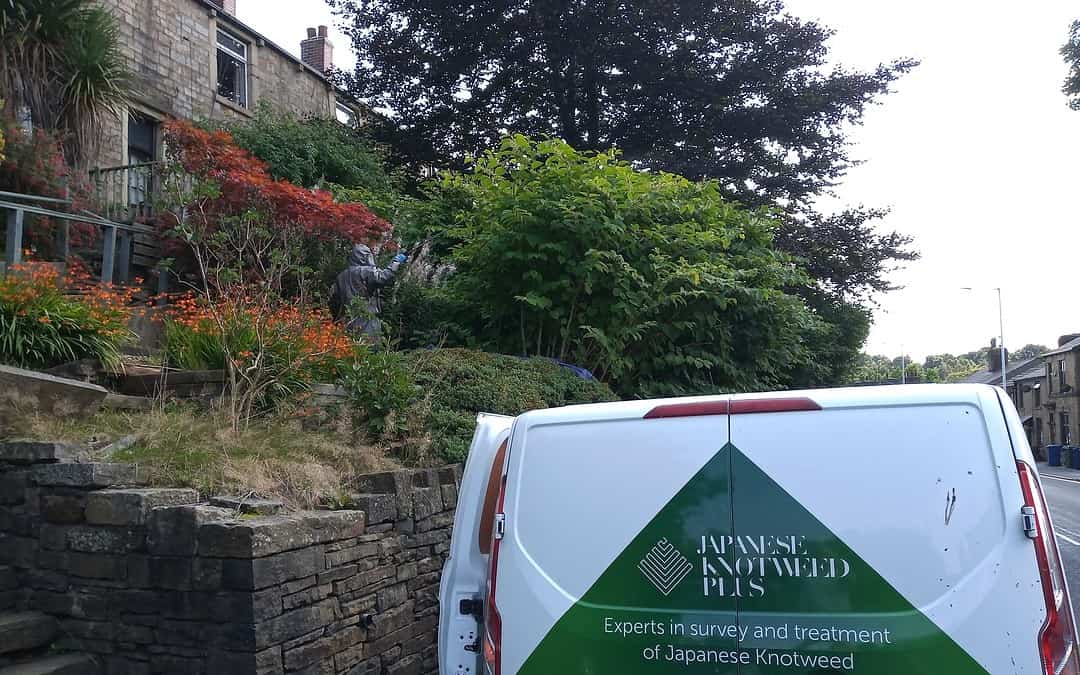Is Japanese knotweed a big deal
Is it more of a problem today than in the past?
The current status of the Japanese knotweed problem in the UK suggests that while there have been advancements in managing the plant, it remains a significant issue. The legal landscape around it continues to evolve, as seen in a recent court judgment from February 2023, which reinforced that property owners can claim for diminution in value due to Japanese knotweed, even if the infestation occurred before the current owner could have known about it1.
This suggests that Japanese knotweed is still a problem in the UK and remains a concern for property owners, legal systems, and environmental management. While the cited source doesn’t provide a specific comparison to the situation 20 years ago, the ongoing legal developments and claims indicate that it is at least still a prevalent issue, if not more so, given the increased awareness and legal actions surrounding it.
Learn about the negative impacts it can have on buildings and on the native fawner,
Japanese knotweed (Fallopia japonica) is considered a significant problem in many areas where it is found. It is classified as an invasive species and is known for its ability to increase and outcompete native plants. The plant can cause damage to buildings and infrastructure and reduce biodiversity by displacing native plant species.
The plant can also cause significant challenges for property owners. Its eradication is often a complex and lengthy process, and its presence can significantly reduce the value of a property. Some mortgage lenders may be hesitant to lend on a property that has Japanese knotweed present.
Japanese knotweed also poses a risk to ecosystems,
It can outcompete native plants and reduce biodiversity. It can also cause erosion and river bank instability, impacting water quality and wildlife.
It’s important to note that it’s illegal to plant or cause Japanese knotweed to grow in the wild in the UK. Under the Wildlife and Countryside Act 1981, it’s considered a priority species for action under the UK government’s Non-Native Species Framework Strategy. Overall, Japanese knotweed can be a big deal. It’s essential to take action to control its spread and prevent it from causing further damage.
For several reasons, Japanese knotweed is considered a significant problem in the British countryside. One of the main reasons is that it is highly invasive and can quickly spread to take over large areas of land. It can outcompete native vegetation and can cause significant damage to buildings and infrastructure. It is also difficult to control and eradicate once it becomes established. Additionally, Japanese knotweed is classified as “controlled waste” under UK law. This means it must be handled and disposed of in a specific way to avoid spreading it further. This can be costly and time-consuming for property owners and local authorities.
